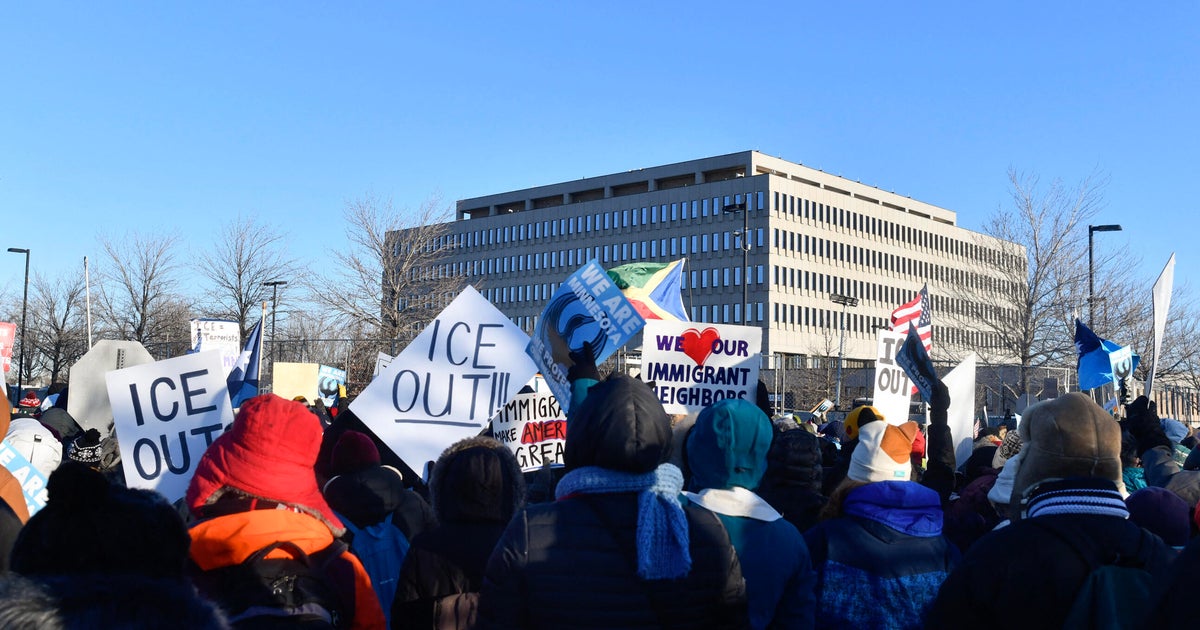Colombia's vice president says government did not "appropriately" communicate tax proposal that sparked deadly protests
Colombia's Vice President Marta Lucia Ramirez said in an interview with CBSN that the government did not "appropriately" communicate a tax proposal that sparked deadly protests in the country.
"This reform was focused precisely in the opportunity to have better income for very poor families, but the law was not communicated appropriately," Ramirez said Friday.
"[Protesters] used that opportunity to fight the government," she said.
The tax reform was designed to offset the country's economic crisis exacerbated by the COVID-19 pandemic and help support social services. It was also supposed to raise taxes on some essential goods and wages, which infuriated demonstrators across the Latin American country.
Colombian President Ivan Duque withdrew the proposed tax plan for now, but the anti-government protests – now in their third week – have largely focused on fighting an array of issues, including education access, jobs, poverty, inequality and police brutality. Duque met with state leaders to discuss the protests earlier this week, including a short visit to the city of Cali, which has been considered the epicenter of the demonstrations.
The country's ombudsman said at least 42 people have died in protests that began on April 28. The protests have been mostly peaceful, but the human rights organization Temblores reported that 39 people have been killed by police. There have also been over 2,100 cases of police brutality and 16 incidents of sexual assault by officers, according to Temblores.
El Spectador, a Colombian news outlet, reported that a minor died by suicide after she accused officers of sexually assaulting her in the city of Popayan. The local mayor's office put out a statement Thursday saying they're investigating the "grave accusations."
During her CBSN interview, Ramirez defended the actions of police, which have been described as excessive by activists and drawn condemnation from international organizations. However, she insisted that the government has a "zero-tolerance" policy and will not allow for abuses or human rights violations by officers. Ramirez said the deaths that occurred during the protests are being investigated, and at least three officers have been jailed.
"If there is violence committed by a police [officer], we have to act," she said. "Not only as a government, but we as a state."
The vaccine rollout in Colombia is another cause of concern as COVID-19 cases have been on the rise.
"We are having economic difficulties, we are having health tensions because COVID-19 [cases] has been increasing in the last two weeks," Ramirez said, claiming the mass protests have led to the increase because people aren't wearing masks.
Only 5.9 million doses of the vaccines have been administered throughout the country's more than 50 million people as of May 7, according to the World Health Organization. The government is aiming to have 70% of the Colombian population vaccinated by November, according to Ramirez, but she said it "depends on the supply chain from the pharmaceuticals."
"This is the problem in so many countries in the world," she said.




